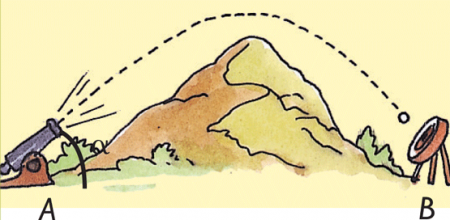Examples of the Historical Memory Law
Miscellanea / / July 04, 2021
The great-grandchildren of Spaniards born in Spain can access Spanish nationality, as long as they meet TWO very important requirements: 1. Be a minor. If you are not a minor you CANNOT opt for Spanish nationality. 2. And that one of the parents is Spanish. The minor's father must have chosen the nationality of origin through the law of historical memory. The law of historical memory NO LONGER. Keep reading...
Arraigo is a condition by which, exceptionally, a residence permit in Spain can be obtained without the need to return to the country of origin for a visa. There are three types of roots: social roots, work roots and family roots. The type of roots that we are interested in dealing with is family roots, as it is the way in which the great-grandchildren of the Spanish exile who are of legal age can legally live in Spain as they are. Keep reading...
The grandchildren by grandmother to gain access to Spanish nationality, through the law of historical memory, It is necessary to prove the exile and loss of nationality of the grandmother after leaving Spain. If you do not have any of the papers to prove the exile yourself, this will be presumed if the departure from Spain was between 1936 and 1955. We must remember that the current civil code of the...
Keep readingHere I leave you a resource prepared by the colleagues of HYNE and presented by Jaime, I hope it will serve for cases like Fernando who requested it. APPEAL TO THE GENERAL DIRECTORATE OF NOTARIES RECORDS (DGRN) FULL NAME, of legal age, with Mexican Passport No. 8795452563 with address at C / SIEMPRE VIVA No. 2 LOMA LINDA, SPRINGFIELD, designated by the same for the purposes of notifications, acting in its own name and right and on... Keep reading
The historical memory law is basically divided into three large sections or subsections, popularly known as Annex I, Annex II and Annex III. In annex I are included the children of originally Spanish people. Who are the originally Spanish children? Spanish nationality is transmitted by blood regardless of the place of birth. Before the 1978 constitution, women did not. Keep reading...
A Spanish of origin according to the civil code is: 1. The following are Spanish of origin: a) Those born to a Spanish father or mother. b) Those born in Spain to foreign parents if at least one of them had also been born in Spain. The children of a diplomatic or consular official accredited in Spain are excepted. c) Those born in Spain to foreign parents, if both lack nationality or if the. Keep reading...
I have decided to create this new section because I am very steeped in the subject and because I like to talk about it. Before I participated in a forum, but I think that here I will achieve more reach and less censorship, since the visits to this page among Latin America are too many. First we will begin by talking about the Law by which rights are recognized and expanded and measures are established in favor of those who suffered persecution or violence... Keep reading
Yes, Spanish women did not transmit their nationality before 1978, since her children followed the nationality of the father and only in case of being born to an unknown father did the mother obtain parental authority: Article 154. The father, and failing that, the mother, have power over their legitimate, non-emancipated children. Many asked us why the Spanish woman did not transmit nationality and why the grandchildren of. Keep reading...



